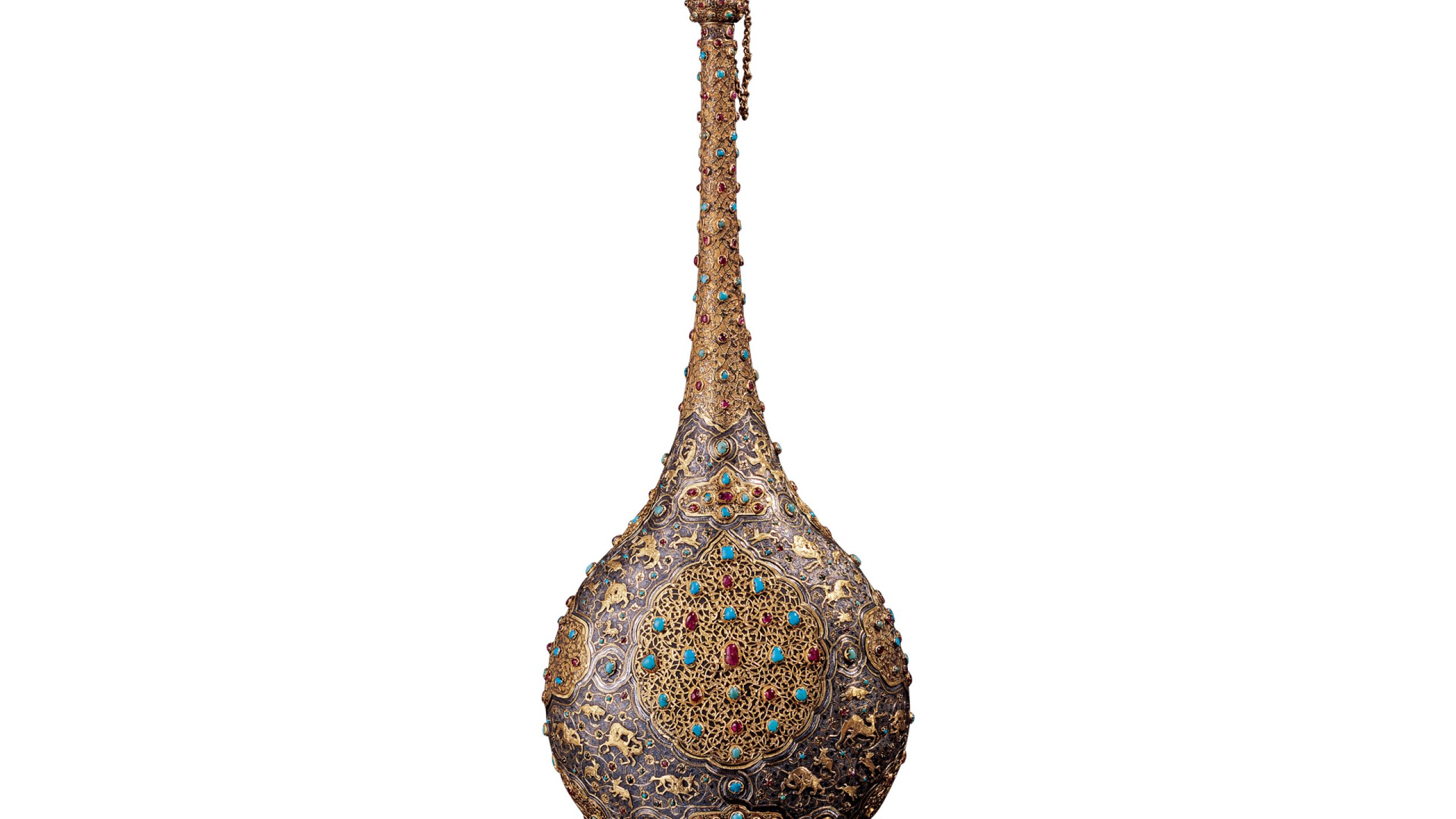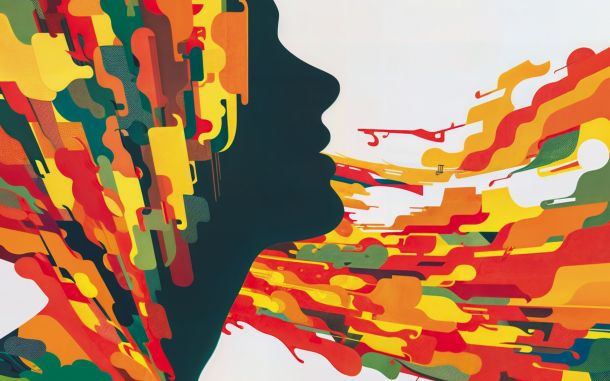Editorial: Perfection, Order, Together

All of us want to be perfect. But how healthy is it to be a perfectionist? Reviewing Thomas Curran’s The Perfection Trap, Adam Sahin says we need a more balanced approach when we set goals for our lives. The pressure to appear flawless, Sahin reports from Flett and Hewitt, “especially when it comes from society at large – often goes hand in hand with anxiety and depression.” Social media comparisons make the situation more challenging with the constant flow of endless, amplified humbling options that inadvertently appear before our eyes. Sahin explains how widespread this vulnerability is, giving examples from some celebrities who had to pay a high price for their perfectionism. Also found in Sahin’s piece is important recommendations from Prophetic wisdom that emphasize humility, moderation, embracing fallibility, and compassion.
As a follow-up to the perfectionist trap mentioned above, when we look at certain events in the cosmos, we tend to think the universe is not so perfect at all. In the words of Fehmi Akbaba in this issue, “in everyday life, we observe this principle in the tendency of things to break down or decay: metal rusts, organisms age…” “machines wear out, and living things eventually die.” According to physicist and theologian Sir John Polkinghorne, “There are just so many more ways to be disordered than ordered.” Reflecting on the “eventual death of the solar system” and the extinction of the cosmos into “a dark, cold, and lifeless expanse,” one hardly finds any consolation. Akbaba offers in his “Traces of Divine Order in Cosmic Disorder” many convincing points to reason that “the cosmos has not been left to itself” and that the creation is “intentional and meaningful.”
Now a matter of political polarization, “diversity” is a phenomenon ingrained in nature and human life. Humans share about 99% of the same DNA, writes Kerem Yalcin, but “the remaining 1% accounts for a remarkable diversity in our traits and characteristics” and “how susceptible people are to different diseases.” Of course, lifestyle, nutrition, geographical location, and environmental influences are also important factors. In this issue, Yalcin explains the “All of Us” research program initiated to reduce a longstanding challenge in medicine: “the inequities in health outcomes and disease risk among different racial and social groups – commonly referred to as health disparities.” Yalcin hopes that the outcomes of this program “have the potential to improve healthcare accessibility and quality for individuals from all walks of life, reduce healthcare costs, and prevent disease before their onset.”
Reinforcing the idea of “All of Us,” Suleyman Tek writes on how teamwork can help us rise together. “When we work together with a shared purpose – whether in families, workplaces, or communities – not only do we achieve more, but we help lift one another up along the way.”
Seeing the order in the universe, rising together collectively, or being on the path of perfection without being a perfectionist – all of it rests firmly on the foundation of listening to one another, a topic extensively covered in the Lead Article.









